Why Big Hero 6 is a Great Feminist Movie
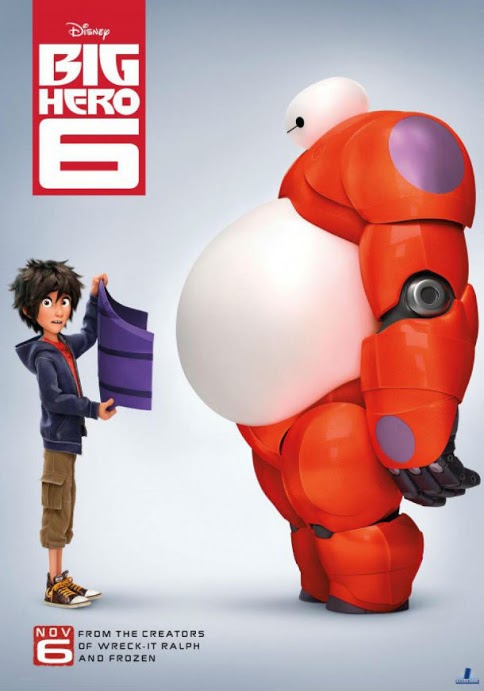
Disney’s Big Hero 6 was released in theaters Nov. 7 with a big bang. Not only did its screening box office eclipse Christopher Nolan’s Interstellar, it steadily garnered over $100 million dollars in the past two weeks. Perhaps it was due to the hype of Disney’s previous work, Frozen, that Big Hero 6 did so well. Or perhaps the name ‘Marvel’ attracted attention from comic fans. Whatever the reason may be, Big Hero 6 is doing well and will continue to do so with its daily gross of money. This begs the question, however, what was it about Big Hero 6 that made it successful?
There are many reasons why this movie is so popular. It’s visually stunning–it was created with new technology that enhanced the capabilities of adding a larger quantity of character models–and heartfelt while still fun. Like most Disney films, it was targeted towards children. However, the film was filled with enough innuendos and complex themes that still appeal that still appeals to anyone. As a hero film, Big Hero 6 is often compared to its predecessor, The Incredibles. Although both focused on different family ideals–the latter focusing on a failing marriage as opposed to the former focusing on a sibling relationship–they both did astonishingly well in terms of revenue and reviews.
After the film’s release, Rotten Tomatoes gave the film an 89% rating, and IMDb gave it a score of 8.4 out of 10. During the Veteran’s Day holiday, the film grossed $10.5 million dollars, which was only beat by The Incredible’s total gross during their Veteran’s holiday several years ago.
One of the most impactful details in this movie, however, involves the characterization of the main character’s aunt, Cass, and the overall implication of women in the imaginary city of San Fransokyo. While the film’s focus revolves around the relationship of the main character, Hiro Hamada, and his older brother’s robot, Baymax, the film’s other characters have personalities that give a nod to feminists–in particular Gogo Tomago, Honey Lemon, and Aunt Cass.
First, there’s Aunt Cass, who I believe sent out the most positive portrayal of feminism. In the film, Hiro’s parents passed away when he was very young. As a result, Cass took it upon herself to take care of Hiro and her older brother in the stead of their parents. Not only does she successfully and single-handedly take care of two children, but she also happens to own her own bakery. If that doesn’t send out a positive image about feminism to children and adults alike, then I don’t know what does.
Likewise, both Gogo and Honey Lemon are a part of their university’s robotics club. Both characters, like the rest of the cast, were demonstrated to have incredible wit and competence. In modern university statistics, women generally study humanities as opposed to science. Imagine young girls watching this movie and thinking, “Wow, if they can do it, then so can I!” By implementing–and subtly, might I add–their scientific backgrounds and colorful personalities, this movie sends a positive message to children about equality in all subjects in school. Disney even went as far as to have Gogo say, “Come on, woman up!” to Hiro in attempt to replace the typical saying, “man up.”
The best part about all of these implications is that they were done subtly. There was no need to over-dramatize their actions or their background; it was depicted as a normal aspect of life. Disney could have easily over-exaggerated the females in the movie in order to make a point, but they didn’t, and that’s what made it so great. The normalcy of the implication was a fantastic addition because that’s how equality SHOULD be in an idealistic setting–subtle, not explosive.
Overall, the film does an excellent job as a children’s film. It showcases plenty of familial and feminist values that pertain to modern society. With the film’s success, I hope to see a sequel soon.

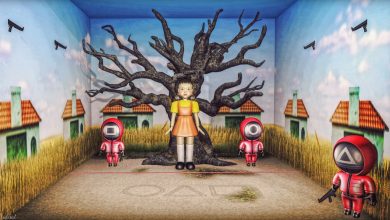
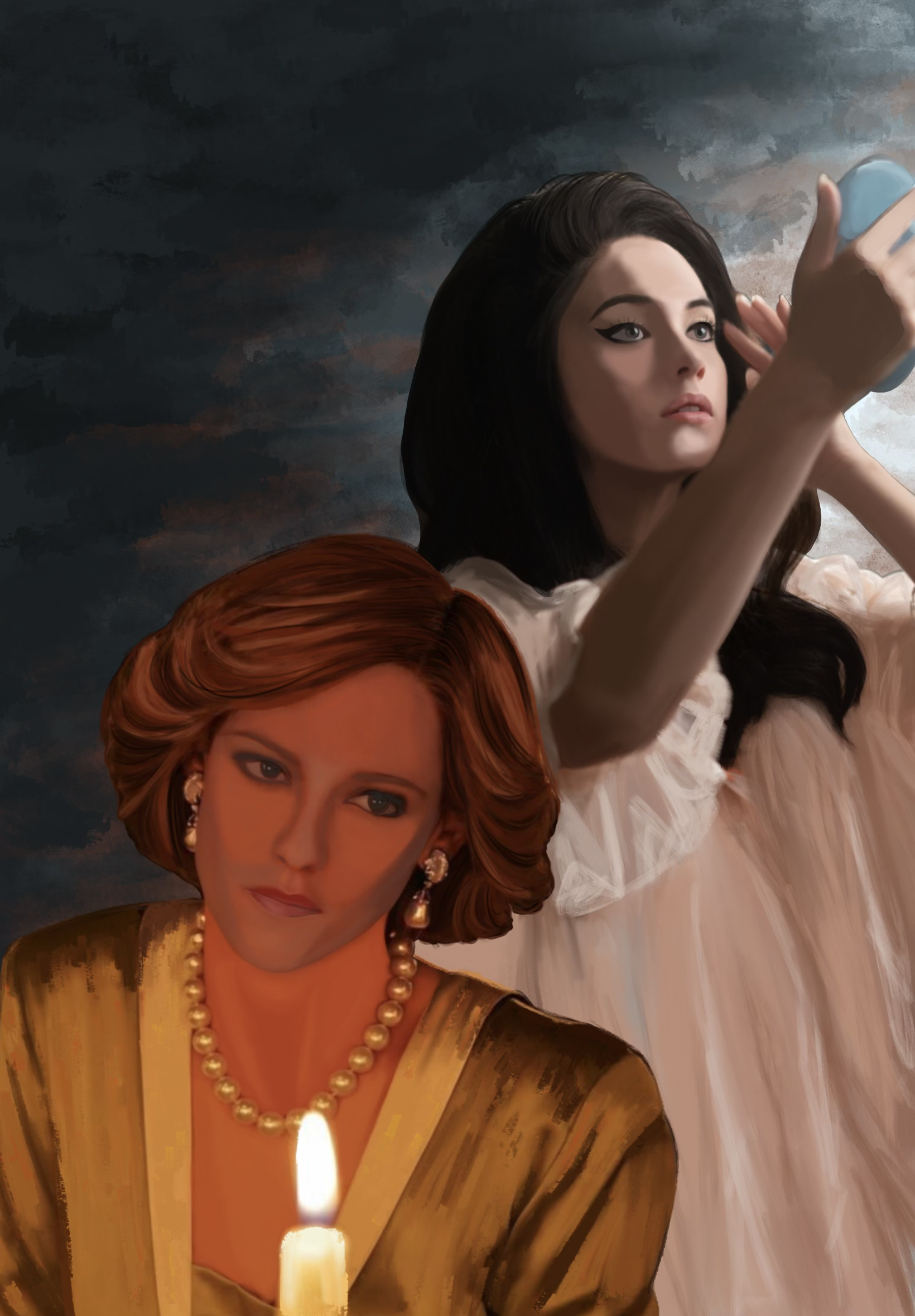
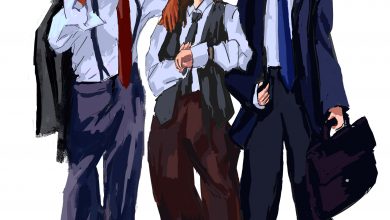
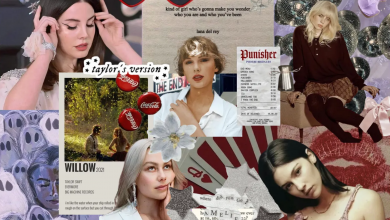
Great read. I loved the points on how the feminism wasn’t thrown in the viewer’s face.
Although the movie is very much male-centric, it does portray women positively. I also like how Hiro has no love interest in the movie, considering that there’s almost always a side plot in for the guy to get he girl after saving the day.
I don’t see how you could call this movie “feminist” unless you are not intersectional whatsoever. The movie is CLEARLY fatphobic! Just look at the damn cover!